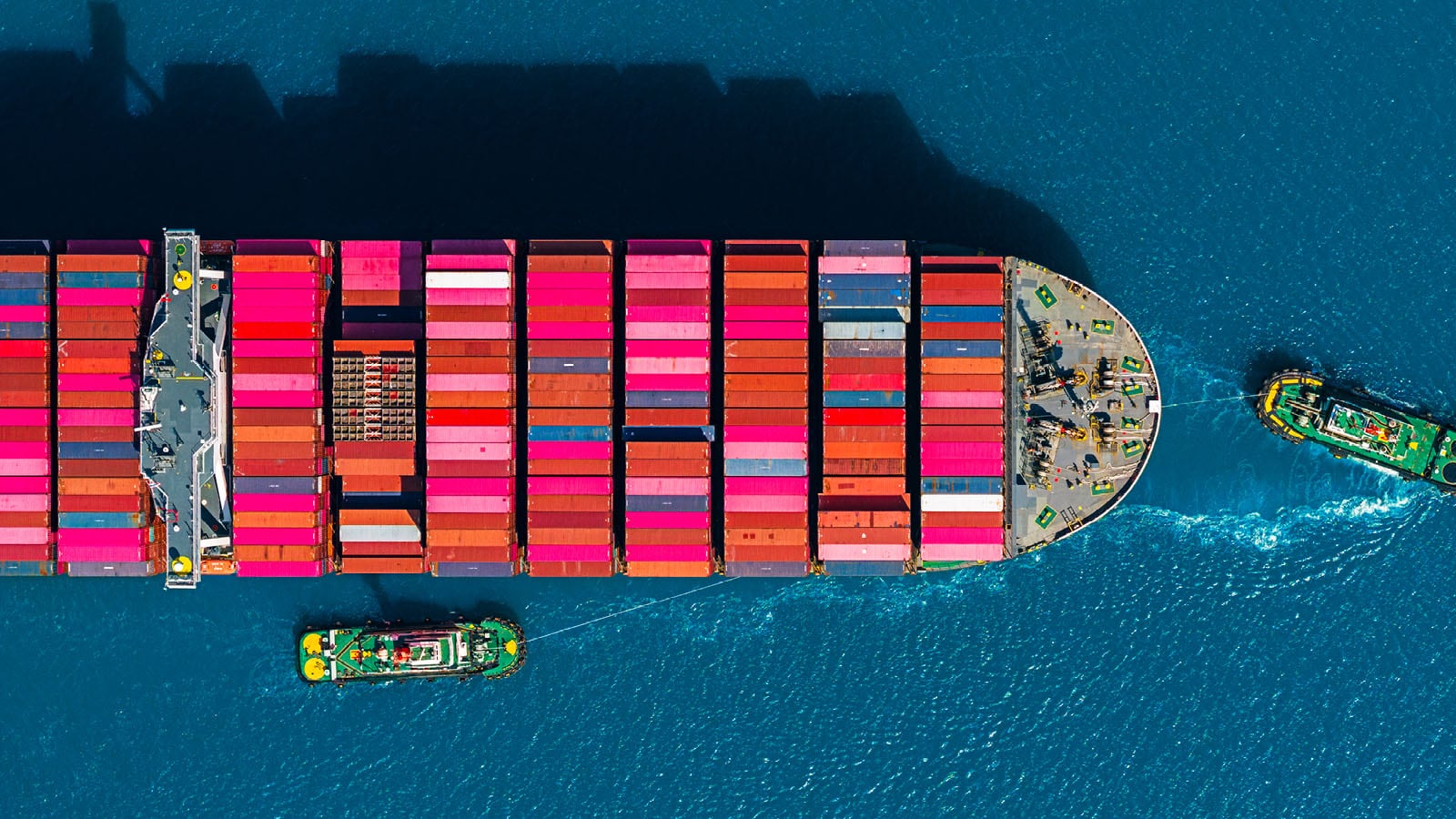On 1 October 2025, the Free Trade Agreement (FTA) between India and the EFTA states Norway, Iceland, Liechtenstein and Switzerland (abbreviated TEPA) came into force. This agreement marks an important step for Swiss exporters into a high-growth market that has so far been strongly protectionist.
Tariff advantages and rules of origin: Using the potential
Under TEPA, India will gradually reduce its high import duties over the next ten years for Swiss-originating goods (except agricultural products). The tariff reductions or exemptions apply to over 95% of industrial products. For Swiss companies in export-driven sectors – particularly machinery, watches, chemicals, pharmaceuticals and medical technology – TEPA therefore provides significant cost advantages and easier market access.
Using the lower preferential duty rates requires compliance with the detailed rules of origin (often at the 6-digit HS level) and direct shipment provisions.
Proof of origin is provided either by the declaration of origin of a Swiss authorised exporter (with electronic signature) or the EUR.1 movement certificate. Transits through third countries (e.g., the EU) are possible as long as the goods remain under customs supervision.
The following is an example of customs duty savings for watches manufactured in Switzerland that meet TEPA rules of origin and are shipped to India with the appropriate preferential proof of origin.
Watches with HS codes 9101 and 9102
Tariff reduction category E7, i.e., annual reduction over 7 years, starting with TEPA’s entry into force
MFN rate 20% plus Social Welfare Surcharge (SWS) of 2% = base rate 22%
Year 1 (Oct 2025) |
Year 2 (Jan 2026) |
Year 3 (Jan 2027) |
Year 4 (Jan 2028) |
Year 5 (Jan 2029) |
Year 6 (Jan 2030) |
Year 7 (Jan 2031) |
18.9% |
15.71% |
12.57% |
9.43% |
6.29% |
3.14% |
0% |
Since the first reduction in year 1 comes into effect on the date of entry into force (October 2025) and the next reduction in year 2 follows only three months later on 1 January 2026, companies can benefit from tariff savings of over 6% within a short time.
CAROTAR 2020: Compliance factor for preferential treatment in India
Some uncertainties for smooth preferential treatment are posed by the so-called «Customs Administration Rules of Origin under Trade Agreements (CAROTAR)». These special import rules, introduced by India in 2020, require the Indian importer to provide additional information to prove the origin of the imported goods. For Swiss exporters this means: Without seamless information flow to the Indian importer, delays, denial of preference or even sanctions under Indian customs law may occur. Early coordination and standardised proof of origin are therefore critical.
Further information on CAROTAR is available in our flyer.
Non-tariff barriers: Standards, certificates and permits required
In addition to customs duties, non-tariff measures shape market access in India. Product-specific safety and quality requirements, such as BIS certification for various product groups, as well as sanitary and phytosanitary regulations, may require additional inspection and approval steps. In addition, quantitative quotas (TRQs) or non-automatic import permits apply to sensitive goods such as IT hardware. Swiss companies should identify regulatory fit-gaps early, plan inspection schedules and factory audits, and adjust products to Indian standards if necessary, to manage time-to-market and compliance risks.
Overall, India is a complex country with significant regional differences, which must be considered in future operations.
Conclusion: Seize opportunities, ensure compliance
TEPA provides exporters of Swiss-origin goods with a substantial cost advantage in a dynamic target market compared with European competitors (since the EU does not yet have an FTA with India). However, this must be thoroughly managed through adequate origin calculations, reliable CAROTAR documentation, a TEPA-compliant supply chain and proactive management of non-tariff barriers. Companies that complete these tasks early enough, can benefit from tariff reductions in India and sustainably leverage growing trade flows.
You can find the presentation from our TEPA webinar series of August 2025 here.







